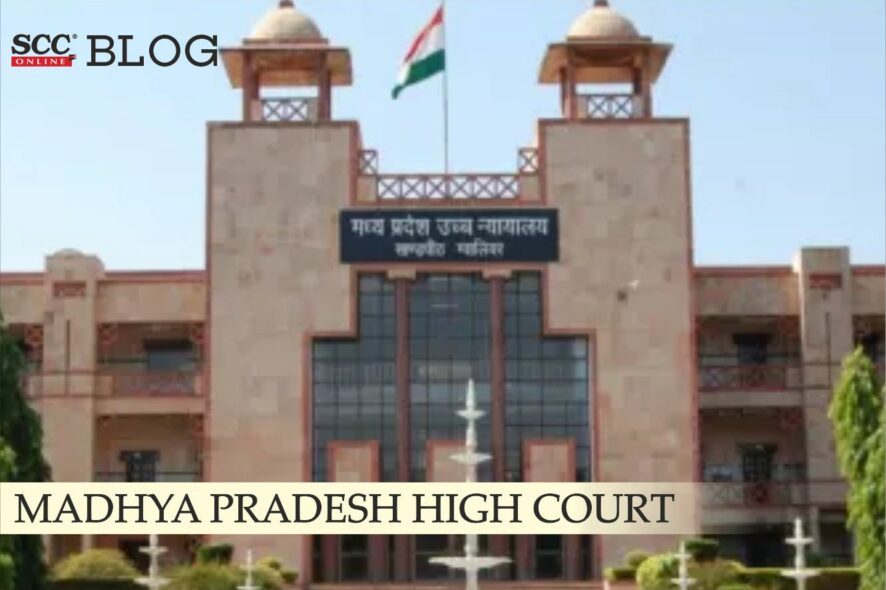Madhya Pradesh High Court: Sushrut Arvind Dharmadhikari, J. allowed a petition which was filed seeking direction to the respondents to pay him the compensation for his illegal detention for almost four years in jail.
Petitioner is a poor villager, an FIR was registered against him for the offence under Section 302 of the Penal Code, 1860 (IPC) and via judgment dated 14-03-2005 the petitioner was sentenced to rigorous imprisonment for life and fine. A criminal appeal was preferred by him aggrieved by the above conviction and sentence, Consequently, by the judgment dated 25-09-2006 Court modified the conviction and sentence of the petitioner opining that this was a case of culpable homicide not amounting to murder. Therefore, conviction of appellant under Section 302 of the IPC was set aside and he was convicted for the offence under Section 304 Part II IPC and sentenced to 5 years rigorous imprisonment and fine.
The petitioner was to be released on 25-09-2009 but he was not released. Neither modified warrant, as required under Rule 315 of the Criminal Courts Rules and Orders was issued by the Court concerned for his release nor the jail authorities approached the Court in this regard. The petitioner was finally released after almost 3 years 11 months and 5 days of illegal detention on 02-06-2012.
The counsel for the petitioner contended that the petitioner was , shattered by his prolonged i11ega1 detention for no fault of his and it was submitted that there is no dispute or any doubt that the petitioner was detained illegally in prison for almost 3 years 11 months and 5 days even after his sentence was reduced.
Counsel for the State opposed the prayer and contended that by virtue of Rule 315 (2) of the Criminal Courts Rules and Orders read with Rule 768 of the Jail Manual, issuance of super-session warrant/ release warrant upon reversal/modification of sentence in appeal is the responsibility of the Court to which the appellate judgment or order is certified under Section 425 of the Criminal Procedure Code, 1973.
The Court consequently established that the petitioner remained in jail illegally for a period of 3 years 11 months 5 days which has resulted in violation of the fundamental right guaranteed under Article 21 of the Constitution of India i.e. protection of life and personal liberty. The Court also recalled the case of Pooran Singh v. State of M.P., 2009 SCC OnLine MP 176 wherein it was established that the defence of sovereign immunity is not available when the State or its officers, acting in the course of employment, infringe a person’s fundamental right of life and personal liberty as guaranteed by Article 21 of the Constitution of India and the State can be directed in a writ jurisdiction under Article 32 and 226 to repair the damage done to the victim by paying appropriate compensation.
The Court thus directed the State to pay him the compensation of Rs.3 lakhs within a period of 2 months keeping in mind the fact that the petitioner was kept in illegal detention for almost 4 years. The Court further directed the Registrar (Vigilance), Madhya Pradesh High Court, Jabalpur to immediately hold an inquiry and submit a report within a period of two months to the Registrar General as to why the modified warrant was not issued from the Court of First Additional Sessions Judge.
[Inder Singh v. State of Madhya Pradesh, Writ Petition No. 13667 of 2013, decided on 21-07-2022]
For petitioner: Arun Vishwakarma
For respondent: Swaphil Ganguly, Praveen Hamdeo







